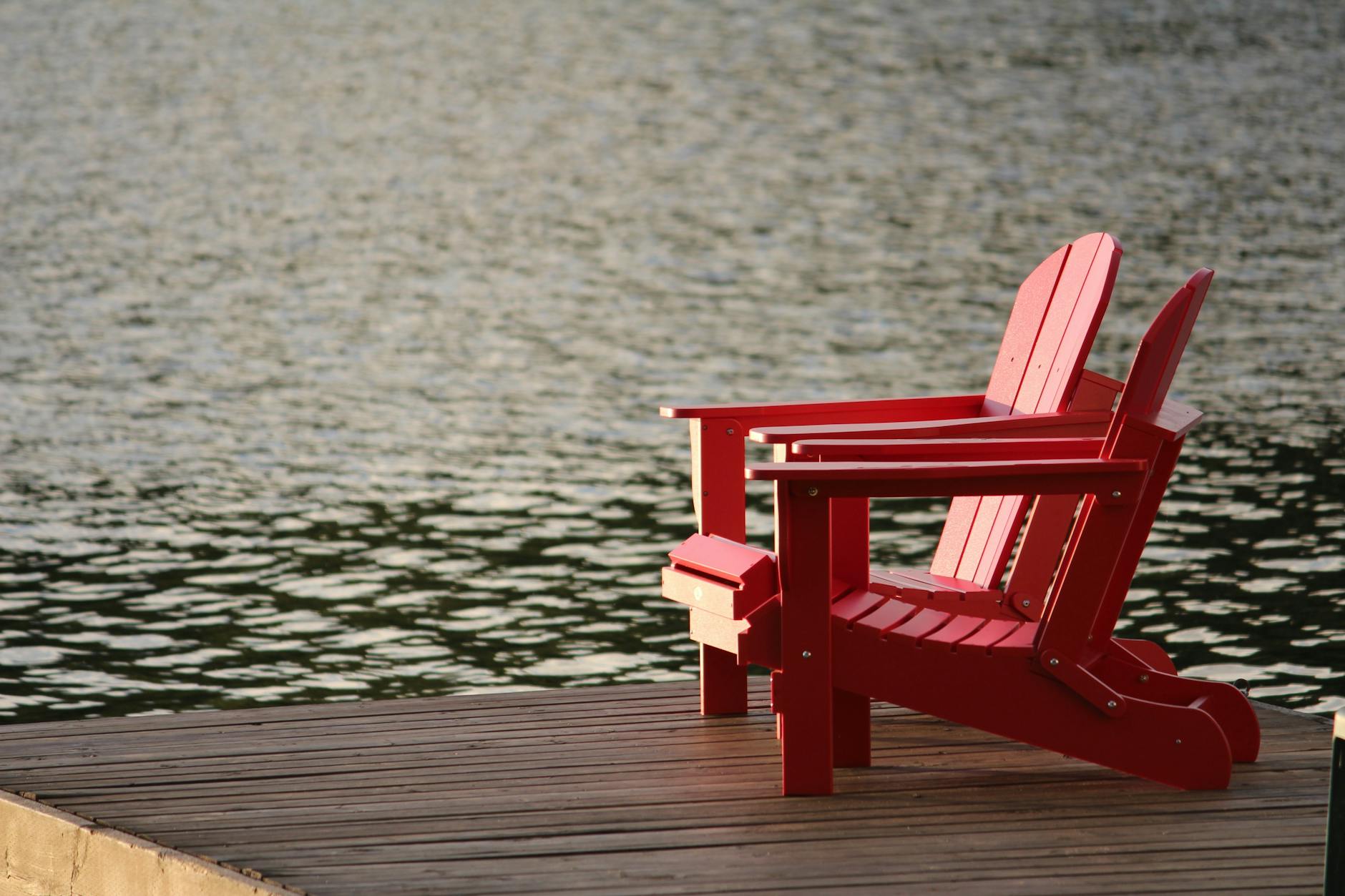If you own waterfront property, it is tempting to rush into building a dock. The possibilities can feel endless, especially when you see glossy photos online. But docks, especially here in Charleston, are tricky. The weather is rough, the rules are strict, and the water is always trying to eat away at anything you build. That is why working with experienced Charleston dock builders is not just helpful. It may actually save you a lot of trouble (and money).
People do make mistakes. All the time. And in Charleston, those mistakes can become really expensive. I have seen property owners forced to tear out docks that did not meet the permit requirements. Others had issues with rot after only a couple of wet winters. So, what do the better dock builders Charleston SC know that the rest do not?
Understanding Local Codes is Not Optional
Every waterfront site in the area is unique. There are rules about how far out you can build, what types of materials you can use, and even how you protect tiny local animals. The team at Charleston Dock Works or Charleston Dock Works LLC has dealt with the review boards again and again.
- Misreading a setback line can lead to thousands wasted on redesigns.
- Forgetting to submit one permit can slow your project for weeks , or longer.
- Overlooking local environmental regulations can mean heavy fines, or even losing the right to have a dock at all.
If any builder promises you “no paperwork” or “no worries,” I would pause. Permitting is not something to take lightly.
It is easy to skip steps when you are excited about a new project, but the city and state are not known for quick forgiveness.
Picking the Right Dock Type for Your Property
Charleston has tidal creeks, marshes, rivers, and deepwater lots. Each setting is different, and a one-size-fits-all dock just does not work. Mistakes I see include:
- Fixed docks built where floating docks work better
- Docks too low, so they get submerged at king tide
- Pilings set without enough depth; dock shifts, tilts, or even breaks loose
A builder who knows these waters, like Charleston Dock LLC, can spot problems fast. They assess tide range, soft mud, how much current is present, and even how much sun and shade your spot gets.
It sounds like common sense, but a wrong design choice means years of frustration , or starting all over after the first storm.
Getting the site assessment wrong is like putting a mountain bike tire on a racing bike. Sure, the tire is round, but it will not get you far.
Material Choices That Actually Last in Charleston
I remember talking to someone new to Charleston who picked untreated wood for their dock. It looked great at first. Within two years, it was soft and green with algae, and most of the boards were loose. If you want a dock to last ten or even twenty years, you need to work with someone who spends time sourcing materials that suit the Carolina coast.
Let us compare:
| Material | Lifespan | Maintenance |
|---|---|---|
| Treated Pine | 8-15 years | Medium |
| Marine-grade Composite | 20+ years | Low |
| Hardwoods (Ipe, Cumaru) | 15-30 years | Low-Medium |
Local weather, strong UV, and wind all have an effect. Not every product matches every property budget, but experienced Charleston dock builders do not just offer the trendiest material. They help you weigh up the pros and cons honestly.
Taking Care of Small Details
The biggest problems are almost always with the details.
- Ignoring bracing under the surface leads to shaking and rattles.
- Wrong fasteners (like regular nails) cause splits or early rust.
- Not allowing enough space between boards leads to warping or pooling water.
It is tempting to focus on the “look” of the dock, but if the legs beneath are not right, the whole thing fails.
Paying attention to what you cannot see makes the stuff you can see last much longer.
Repair or Rebuild? Why Experience Matters
Sometimes old docks can be saved. Sometimes not. Good Charleston dock builders know how to judge honestly whether the base is solid or if you are better off starting over. More than once, I have seen a cheap patch job last only one storm season before collapsing.
Experienced teams do not just swap boards. They check every beam, piling, and joint. If they recommend a big fix, it may be because patching up is only going to delay the inevitable.
Common Money Mistakes Homeowners Make
- Not budgeting for ongoing maintenance. Saltwater wins if you ignore it.
- Choosing the cheapest design, only to pay more for repairs within 2 years.
- Forgetting insurance; one bad storm and you could lose thousands overnight.
- Not clarifying “hidden” costs in contracts: permits, barge fees, disposal of old boards.
If I had a dollar for every time someone was surprised by those fees, I would be giving building tours on King Street, not writing articles.
Trust and Communication
People underestimate the stress of large projects. Good dock builders Charleston SC do not just give you a quote and disappear. They give updates, answer your questions, and stick with you until everything passes inspection. I have had builders who checked in months afterward, and ones who stopped answering calls after getting paid.
You want the first kind. Sometimes, the people with the flashiest ads have the slowest response times. Pay attention to the basic stuff.
Questions Worth Asking Before You Hire
Use this simple checklist:
- Can they show you photos or addresses of docks they built in the last two years?
- Do they explain their permitting process or expect you to handle it all?
- Will they guarantee the materials for at least one year?
- Are repairs a big part of their business, or do they just build and leave?
Ask these questions. If the builder hesitates or seems annoyed, move on.
Finishing Thoughts
Almost every mistake on a Charleston dock is preventable. Working with experienced Charleston dock builders like Charleston Dock Works or Charleston Dock LLC does not just mean a dock that “looks good” on day one. It means a dock that stands up to storms, stays level, and does not become a money sink years down the line. It is not just about the style or even the savings. It is about avoiding regrets you cannot fix after the tide comes in.













